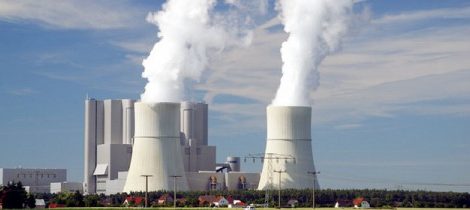
nuclear energy production discontinuation
Nuclear
Commitments to phase out nuclear power from its current major role in the energy sectors of several countries worldwide, with others ceasing earlier-planned nuclear expansion; discontinuation efforts have been accelerating since the Fukushima Daiichi nuclear disaster, Spring 2011. We focus in this article on some features of the German case; here there is by far general consensus about the phase out and why to phase out, but far less agreement on how to achieve it, how to organise political action and responsibility across different ministries and between state and energy producing companies. There were two exit decisions, with consensus agreement in 2000 and legal codification in 2002. In 2010 the life spans of power plants was extended, in renunciation of the 2000/2002 agreements, but in 2011 the exit decided anew, which meant direct shutdown for 8 power plants in the same year, and a limitation of operation of further 9 until 2022. After these forward and backward movements and due to an unclear nuclear replacements policy there are from time to time again calls for exiting from the exit, yet without much influence. In the energy sector, several of countries all-over the world made formalised political commitments to switch from nuclear towards renewable energy in such a way that they will either exit nuclear energy technology, build no nuclear power plants at all, stop their construction, or replace only single out-dated plants.

